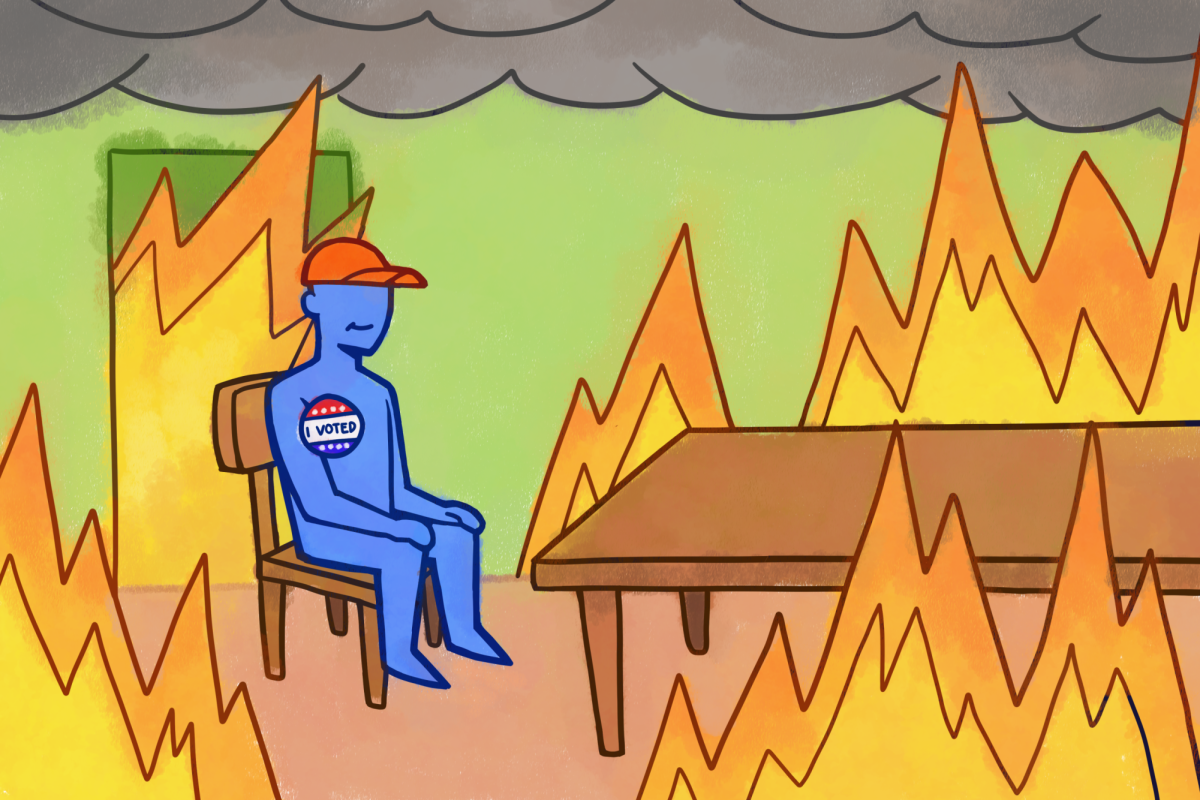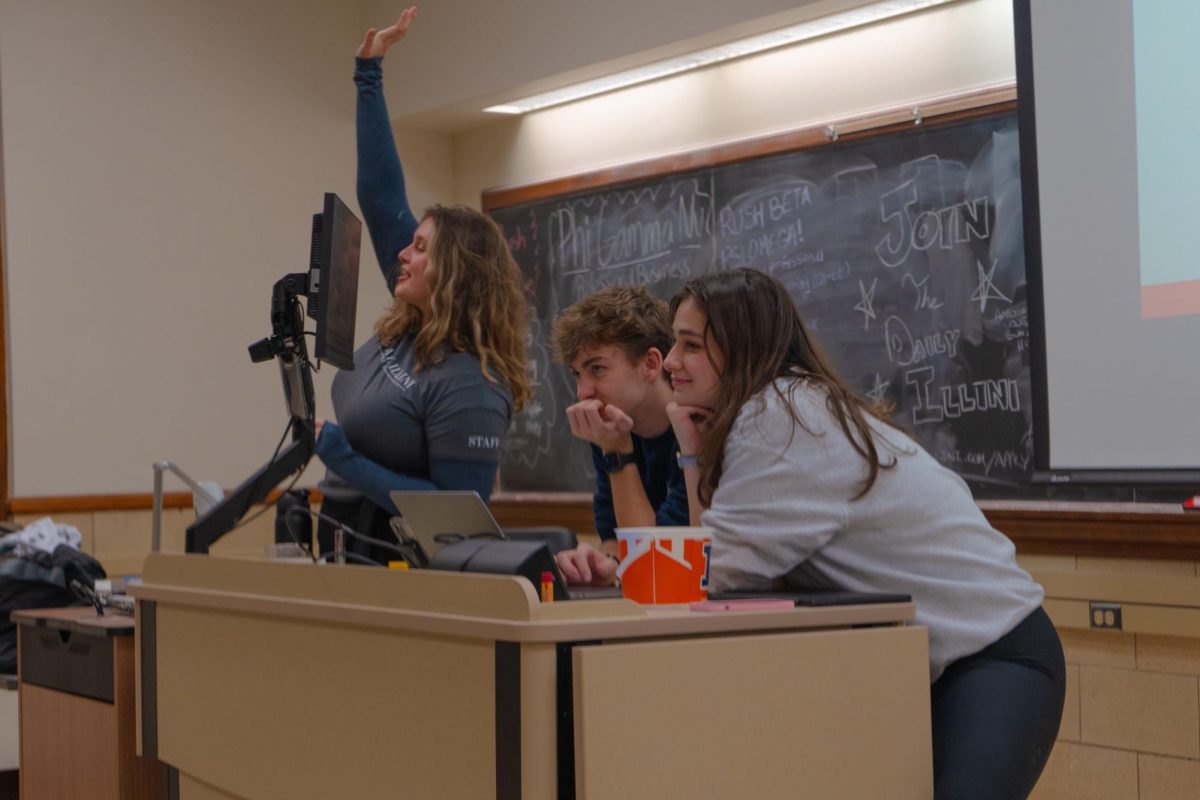All eyes were on the United Nations Sept. 23, when the Palestinian Liberation Organization submitted a request for formal statehood representation. Once a year for about 10 days, New York City turns into the Mecca of political theater, and this year, Palestinian President Mahmoud Abbas is commanding the stage.
The application for full statehood is a symbolic re-ordering of the political status quo of the Arab-Israeli conflict in the international arena. Upon returning to the West Bank after making his move, Abbas was received with a hero’s welcome, a populist wave of approval that the timid and non-charismatic figure does not experience often. He is directly challenging the authority of the ruling minority at the UN: the United States and Israel.
The realities on the ground are much different than the new diplomatic ones. It is important to analyze how the U.S. media frames this issue: During the bombing of Gaza in December 2008 (in which 960 civilian Palestinians and 13 Israelis were killed), I briefly tuned into CNN to discover that the only perspective they offered was the scripted responses from an Israeli government spokesman. The UN statehood-bid story should be used to shed light not only on what is happening in the upper level political echelons, but also to focus on the day-to-day discrepancies between the Arab and Israeli experience in the occupied territories.
When Israel was declared a state in 1948, roughly 710,000 Palestinians were forcibly expelled from their homes and assumed refugee status. Since then, new and expansive community construction projects, called settlements, have slowly but surely ceded more land from the current Palestinian territories in the West Bank. The overwhelming majority of sovereign countries have recognized the origins to the conflict and the necessity for a just conclusion.
Living under a land occupation that is fortified by racial justifications poses a similar reality the American public witnessed under the Jim Crow laws that aimed to separate blacks from whites in daily activities. But a key difference is that looming watchtowers, military checkpoints and tall concrete walls with barbed wire have been constructed to separate the two groups, a level of physical severance that Southern segregationists could only have dreamed of.
Get The Daily Illini in your inbox!
For example, Palestinians and Israelis are even forced to drive on separate, unequally accessible roads. Sandy Tolan, a freelance reporter writing for Al Jazeera, notes the psychological effects that military checkpoints have on the Palestinian population:
“Humiliation at checkpoints is a basic fact of West Bank Palestinian life. Everyone, even children, has his or her story to tell of helplessness, fear and rage while waiting for a teenaged soldier to decide whether or not they can pass.”
The list of injustices goes on and on. Activists dedicated to the Palestinian cause often have a confident yet weighted disposition, probably from the enormous amount of evidence highlighting details of their oppression that is consistently disregarded by the American mainstream press.
But despite the difficult history between Israel and Palestine, President Abbas’ UN bid can be seen as a positive development toward legitimizing both the Palestinian Liberation Organization and the chances for a two-state solution, which is the most broadly supported solution to the conflict. The United States’ status as the sole superpower in the world, capable of bending the largest political organizations to its will, is a reality that is fading fast considering the economic rise of China, India and Brazil.
Beneath the larger historical context is President Obama’s coming moment. He has vowed to veto the Palestinian statehood bid at the Security Council but knows the ins and outs of the conflict well. Is he courageous enough to avoid falling into the us-against-the-world dilemma the Israeli lobby in Congress imposes on the U.S. government’s Arab-Israeli policy? Will he arrive at a point and say, “Enough is enough?”
My bet is no, but considering the weight that the divestment strategy imposed upon South African during its apartheid years, Obama’s forced course of action will only be another conforming, irrelevant detail. What is important is discussing the facts of this long conflict as well as addressing the perceptions and responses to it, hopefully to the peaceful end that was the fate of South Africa.
President Abbas’ attempt to break the diplomatic blockade of Palestinian statehood by the United States and Israel at the UN is a new and progressive approach. Direct peace negotiations and accords in the past have all been thwarted, but the symbolic nature of this happening will reverse the pressure back onto the ruling minority.
_Michael is a senior in LAS._









